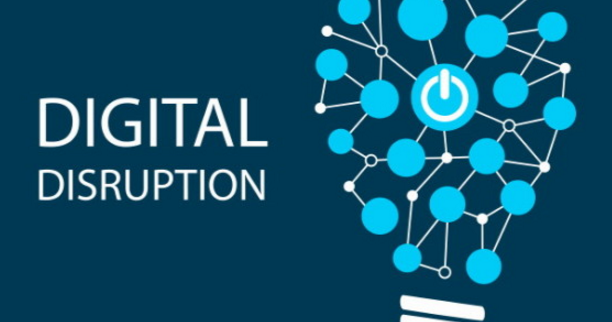Tag: higher education

Rethinking Higher Education and Digital Disruption
Do you think most institutions of higher learning are rethinking higher education and digital disruption of the on-coming train? Rethinking education? Not too many in our opinion. Certainly not enough. And maybe too little, too late. Check out our thoughts on team leverage. Not everything that is faced can be changed … but nothing can…